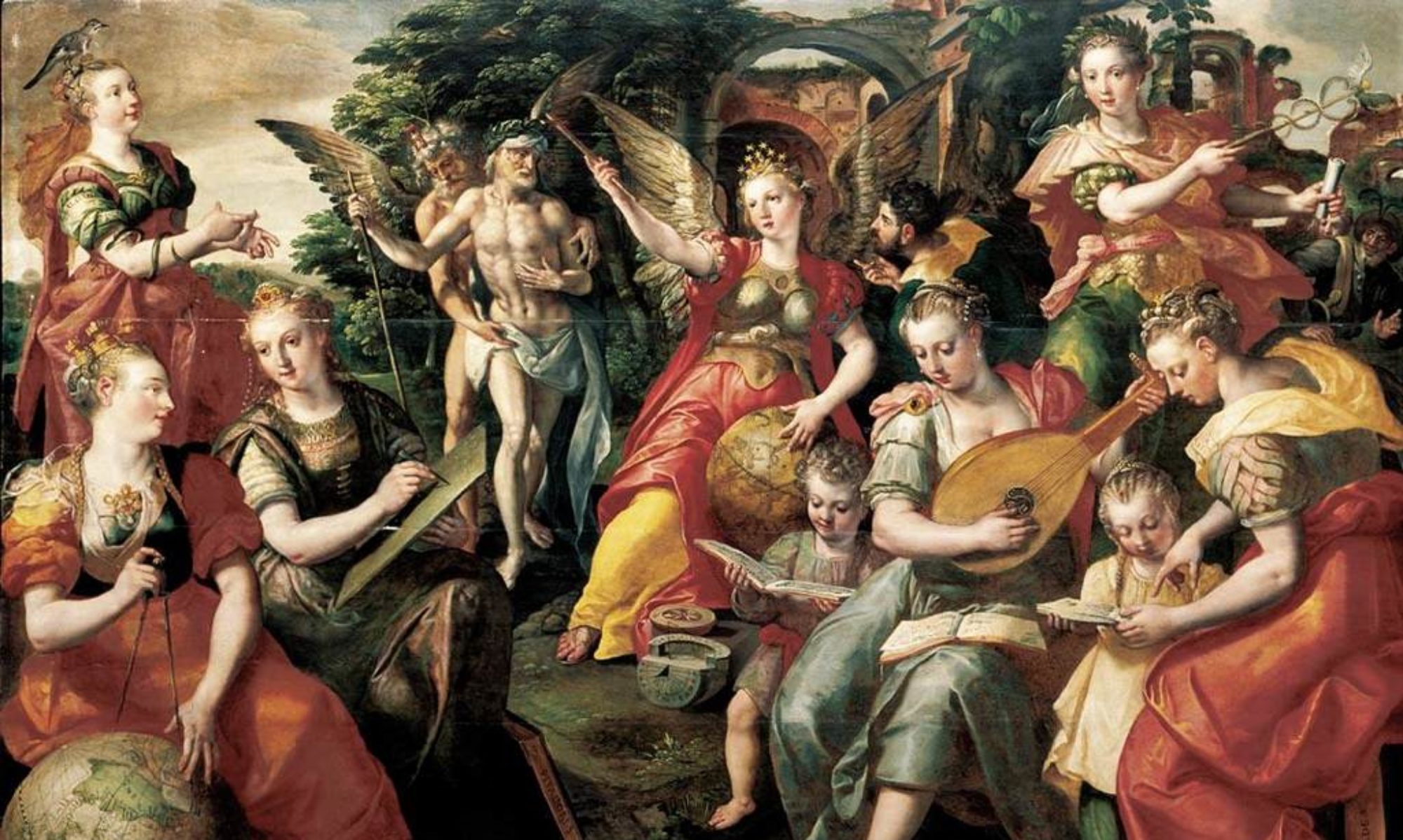Shakespeare Sans Interdisciplinarity? Interdisciplinarity Sans Shakespeare?
William Casey Caldwell (University of Chicago) – Interdisciplinarity, Specialization, Early Modern Texts
For my talk, I will meditate on the second half of our panel’s title—“Interdisciplinarity sans Shakespeare?”—in relation to my career path, training, professionalization, objects of study, and intended audience. Focusing on two readings I produced of Aristotles Politiques (1598)—one that I wrote for Shakespeare scholars as my intended audience (meant to illuminate a reading of Merchant of Venice) and one that I wrote “sans Shakespeare” (for history of philosophy and economic scholars)—I will talk about the evolution of these readings as they were developed through the dissertation revision process and with an eye to the job market. My dissertation (now “book project”) wears its interdisciplinarity on its sleeve: I focus on early modern drama and history and theories of money. Questions arose around my reading of Aristotles Politiques as to what my dissertation was about and for whom it was being written. The methodologies I used and the objects I studied were not of issue. The way that I weighted my analyses of economic and political tracts, like Aristotles Politiques, in relation to plays, however, affected the kind of intended reader I project: either literary scholars or literary scholars and philosophy/economic historians. While the advice I received was excellent, I would like to take this particular moment in my career—as I pivot from graduate student to going on the job market—to reflect on the paths not taken.
John Ladd (Northwestern University) – Digital Shakespeare and the Problem of the Test Case
As the field of digital humanities has matured over the past two decades, Shakespeare and Shakespeare scholars have often been at its center. Shakespeare, the historical figure and the literary corpus, has served dual purposes for the digitally-inclined scholar. On the one hand, the prestige and cultural capital of Shakespeare has legitimated experimental and interdisciplinary methodologies. On the other, Shakespeare has been an important test case: a common language or “ground truth” used to assess the validity of unfamiliar modes of investigation, for better or for worse. Building on Laura Estill’s recent thorough assessment of “Digital Humanities’ Shakespeare Problem” and her clear-eyed call for more close critical analyses of digital work, my talk will survey a number of digital projects that have used Shakespeare as a test case, and I will discuss the challenges presented by our scholarly inclination to treat Shakespeare as simultaneously exceptional and exemplary. I will conclude by addressing some approaches that EarlyPrint—the interdisciplinary project of which I’m currently a participant—takes to Shakespeare and the ways that it plans to map Shakespeare’s relationship to the whole of early modern print.
Matt Hawkins (University of Notre Dame) – Classrooms, Stages, and Sites of Collaborative Bardolatry
The work of putting on productions of Shakespeare – whether in community theater or at the London Globe – requires collaboration across a host of specializations, one of the more basic and fundamental being that of combining the skills of an actor with that of an educator. Drawing on anecdotes and experience with the Royal Shakespeare Company, the Stratford Festival, and the Chicago Public Schools program, I’ll share some insights into what interdisciplinarity looks like for those who work on the stage and behind the scenes.
